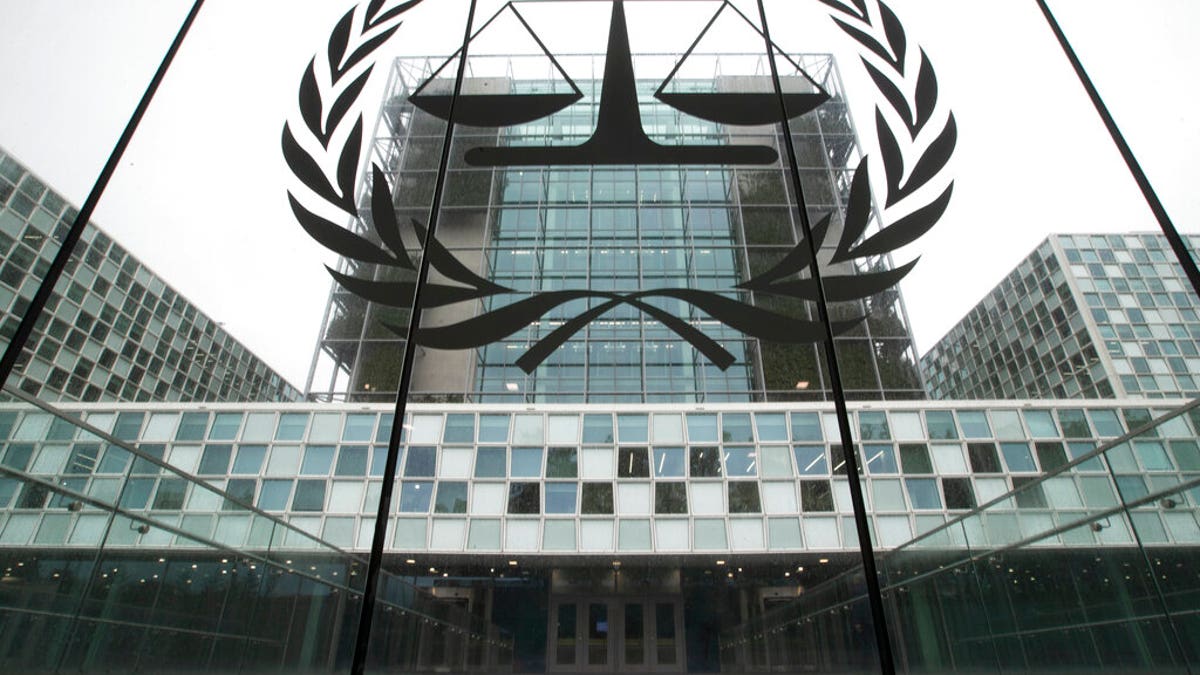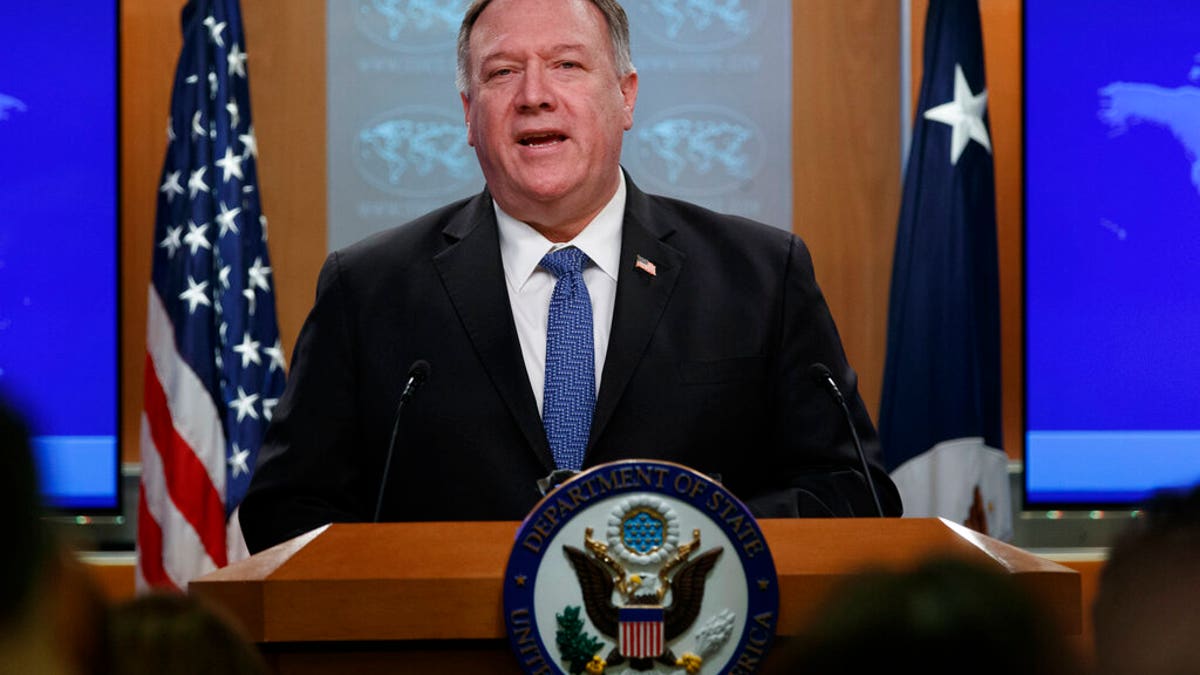What is the ICC and how does it function?
The International Criminal Court (ICC) has recently taken in a lot of criticism for taking an unprecedented move in allowing the investigation of U.S. forces. Here’s what you need to know about the ICC.
The International Criminal Court (ICC) made an unprecedented move last week in allowing its judges to investigate possible crimes against humanity allegedly committed by U.S. forces and the CIA in Afghanistan.
The ruling, blasted by U.S. Secretary of State Mike Pompeo, marked the first time ICC prosecutors have been cleared to investigate U.S. forces.

FILE: The International Criminal Court, or ICC, is seen in The Hague, Netherlands. (AP)
“This is a truly breathtaking action by an unaccountable political institution masquerading as a legal body,” Pompeo said during a news conference shortly after the ruling.
“All the more reckless for this ruling to come just days after the United States signed a historic peace deal on Afghanistan, which is the best chance for peace and a generation,” Pompeo said.
So just what is the ICC and why is it so distrusted by the United States?
The ICC began in in 2002 in The Hague, a city in the Netherlands. The court’s function is to prosecute perpetrators of the worst crimes, including genocide, crimes against humanity and war crimes. It has global jurisdiction and is intended as a last resort when national governments or unable or outright refuse to prosecute.
One of the court’s highest profile prosecutions was that of Laurent Gbagbo, Ivory Coast’s former president who was charged with crimes against humanity, murder, rape and other forms of sexual violence, persecution and “other inhumane acts.” He denied the allegations and claimed they were politically motivated.
But early last year, Gbagbo was acquitted of those charges in a decision that raised doubts about the effectiveness of the ICC to go after war criminals accused of genocide.

Secretary of State Mike Pompeo speaks during a news conference at the State Department in Washington. (AP)
The court came into being with the signing of the Rome Treaty of 1998, which established the court. To date, 123 countries have ratified the treaty, with dozens more likely to sign on in the future.
A notable absence from the ICC is the United States, which has long rejected the court’s jurisdiction and refused to cooperate with it. During the treaty’s negotiations, the U.S. argued that its soldiers – who are stationed at bases around the world – could be subjected to politically motivated prosecutions. President Bill Clinton signed the treaty in 2000, but it was never ratified by Congress.
The U.S. maintained its stance on the ICC through the Bush and Obama administrations, despite selectively backing the court, including supporting Security Council referrals of situations in Sudan and Libya. As well, more than 90 bilateral agreements prevent countries from turning over U.S. citizens to the ICC without U.S. permission.
AFGHAN GOVERNMENT TO RELEASE 1,500 TALIBAN PRISONERS, MAJOR STEP IN PEACE NEGOTIATIONS
In 2018, then-National Security Adviser John Bolton said the ICC “unacceptably threatens American sovereignty and U.S. national security interests.”
CLICK HERE TO GET THE FOX NEWS APP
But despite last week’s decision, the chances of prospective suspects appearing before the court remain slim – the Afghan government also opposes the investigation.
Fox News’ Barnini Chakraborty and The Associated Press contributed to this.









































